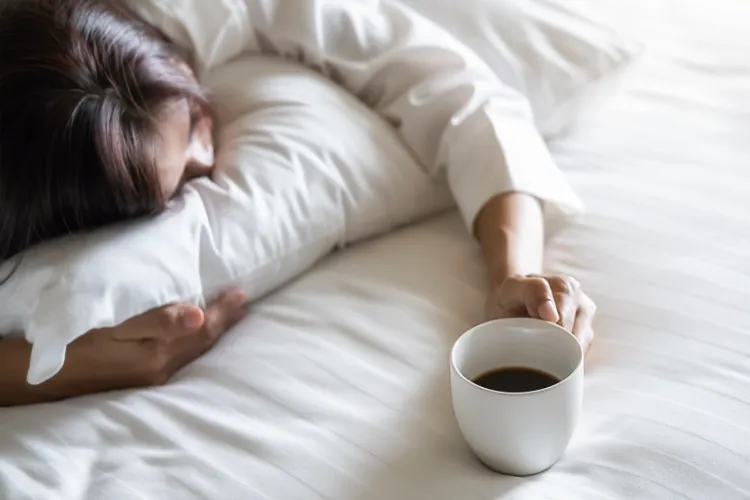Coffee can help you stay awake, but what does caffeine do to your brain once you’re asleep? Using AI, a team of researchers has an answer: it affects the brain’s ‘criticality’. Working with sleep and ageing psychology professor Julie Carrier and her team at Udemy’s Centre for Advanced Research in Sleep Medicine, the scientists used AI and electroencephalography (EEG) to study the effect of caffeine on sleep. Caffeine stimulates the brain and pushes it into a state of heightened alertness, where it is more awake, alert, and reactive. While this is useful during the day for concentration, this state can interfere with rest at night: the brain neither relaxes nor recovers properly. that even during sleep, the brain remains in a more activated, less restorative state under the influence of caffeine,” says Jerib, who also holds the Canada Research Chair in Computational Neuroscience and Cognitive Neuroimaging. “This change in the brain’s rhythmic activity may help explain why caffeine affects the efficiency with which the brain recovers during the night, with potential consequences for memory processing.” The study also showed that the effects of caffeine on brain dynamics were significantly more pronounced in young adults between the ages of 20 and 27 compared to middle-aged participants aged 41 to 58, especially during REM sleep, the phase associated with dreaming.
Thank you for reading this post, don't forget to subscribe!
Sunday, October 12, 2025


